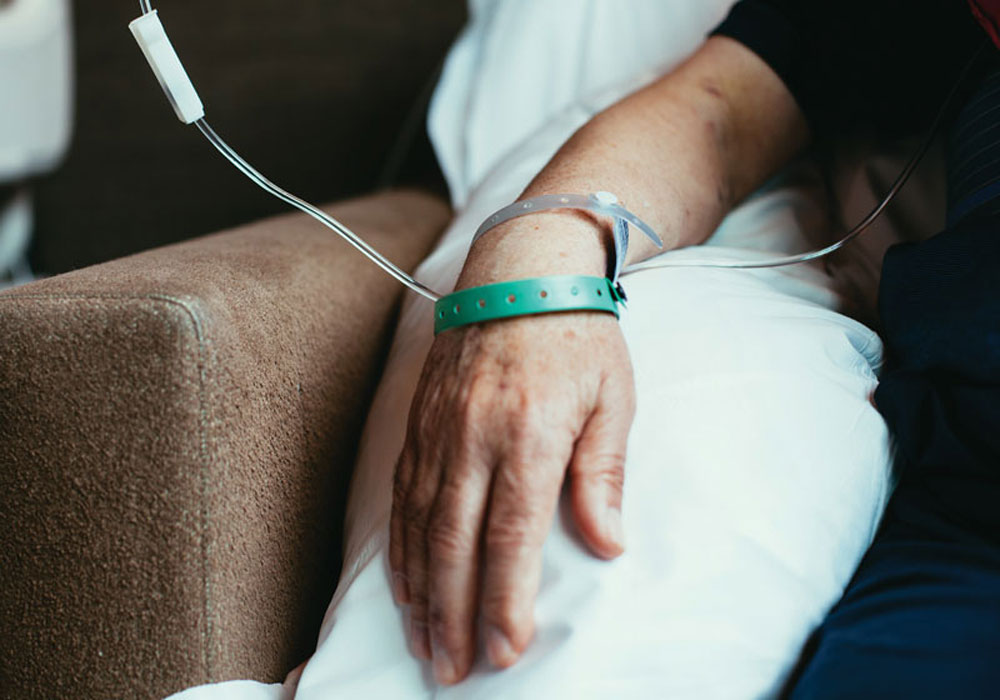High levels of interleukin-6 (IL-6) and C-reactive protein (CRP) before chemotherapy for breast cancer may predict a patient’s propensity to develop clinical decline and frailty after treatment, according to study findings that researchers reported in the Journal of Clinical Oncology.
The researchers conducted a prospective study of 295 patients aged 65 or older with stage I–III breast cancer treated with chemotherapy. They took pre- and postchemotherapy measurements of IL-6 and CRP and assessed frailty status as robust, prefrail, or frail. All of the patients were considered robust prechemotherapy.
Postchemotherapy, 26% of the patients experienced chemotherapy-induced decline in frailty status. Of those, 66% had high prechemotherapy levels of IL-6, 63% had high CRP, and 46% had high IL-6 and CRP. After adjusting for sociodemographic and clinical characteristics, women with high prechemotherapy IL-6 and CRP had a 35.2% higher risk for chemotherapy-induced frailty declines compared with women with low IL-6 and CRP.
“High IL-6 and CRP prechemotherapy were associated with chemotherapy-induced decline in frailty status independent of sociodemographic and clinical risk factors,” the researchers said. “Further research is needed to examine whether inflammatory markers can inform more personalized approaches to treating older breast cancer survivors.”






